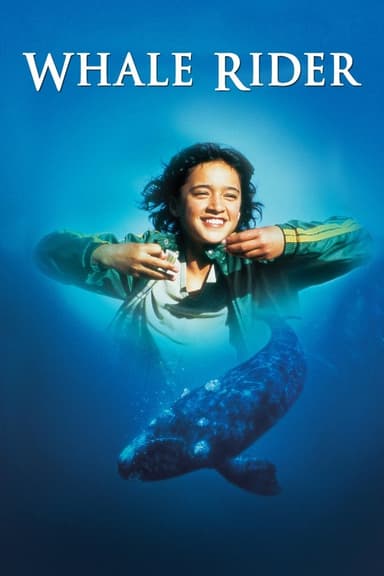
The Mosquito Coast
1986 • Adventure, Drama • PG
An inventor spurns his city life and moves his family into the jungles of Central America to make a utopia.
Runtime: 1h 59m
Why you should read the novel
Paul Theroux's novel 'The Mosquito Coast' offers a rich, immersive experience that delves deeply into the psyche of its unforgettable characters. The book provides readers with vivid descriptions, keen insights, and a compelling narrative that unfolds with nuance and depth rarely matched on screen. Through Theroux's writing, you can sense the tropical heat, hear the jungle's sounds, and wrestle with the moral quandaries faced by the Fox family in a way that transcends the confines of cinema.
Reading the novel allows for a more intimate understanding of Allie Fox's motivations and descent into obsession, thanks to the nuanced point of view provided by Charlie, his son. The book's layered storytelling offers philosophical reflections and complex relationships that evolve slowly and meaningfully, giving readers ample space for contemplation. You'll appreciate the rich symbolism and explore themes of invention, hubris, and family in greater detail.
Choosing to read 'The Mosquito Coast' over watching the movie means experiencing the full scope of Theroux's vision. The book is unfiltered by the constraints of runtime or visual adaptation, allowing for subtleties in language and emotion. If you crave a story that challenges, intrigues, and lingers in your mind, the novel is the definitive way to experience this modern classic.
Adaptation differences
One of the most significant differences between the 1986 film adaptation and Paul Theroux's novel is the portrayal of the main character, Allie Fox. In the book, he is depicted as a complex and increasingly unhinged genius whose idealism spirals into destructive obsession. The movie, while maintaining his brilliance, softens some of the harsher edges, making him more sympathetic and less radical in his beliefs, especially in scenes involving his family. This shift changes the audience's relationship with Allie, often making him easier to root for on screen than he is within the pages of the novel.
The narrative perspective also differs between formats. The novel is told from the viewpoint of Charlie, Allie's adolescent son, offering deep insight into his internal struggles and growth as he watches his father’s actions unravel. The film, however, minimizes this personal perspective, opting for a more objective and dramatic retelling. This results in a loss of the internal monologue and nuanced familial dynamics that make the book so engaging, particularly in exploring the psychological impact on Charlie.
Plot alterations further distinguish the two versions. The movie condenses or omits several key events from the novel, streamlining the story for pacing and visual clarity. Subplots involving secondary characters and some of the moral dilemmas Allie faces are less detailed or removed entirely. This condensation sacrifices much of the philosophical exploration and the slow-building tension present in Theroux's original work, leading to a more straightforward adventure rather than a layered character study.
Finally, the ending diverges significantly between the book and the film. While both build toward tragedy, the novel’s conclusion is notably bleaker and more ambiguous, lingering on the consequences of Allie’s fanaticism. The movie adaptation modifies events for dramatic effect, offering a slightly more hopeful resolution for the surviving family members. As a result, the film leaves viewers with a different emotional aftertaste compared to the haunting, unresolved finale of the book.
The Mosquito Coast inspired from
The Mosquito Coast
by Paul Theroux










